Budget Resources

Kids Count Data Center

Budget Browser
Recent
MassBudget’s Look at the Fiscal Year 2025 House Ways and Means Budget Proposal
The House Ways and Means (HWM) Committee released its proposed budget for the Fiscal Year (FY) 2025. The proposal reflects both an increase in anticipated ...
Read More →
Presentation: K-12 Funding Update for the Legislative Gateway Caucus
On March 27, 2024, Deputy Policy Director Colin Jones presented to the Legislative Gateway Caucus. He provided a briefing on K-12 funding and policy, including ...
Read More →
Presentation: Budget Update – Funding for Brockton Public Schools
On Feb 29, 2024, Deputy Policy Director Colin Jones presented to Brockton community members, sharing vital information on the state budget process and specific data ...
Read More →
ALL BUDGET RESOURCES REPORTS
“Excess” as Mirage: How the 62F Tax Cap Distorts Our View of Massachusetts Tax Revenue
The 1986 tax cap law, also known as “62F,” artificially limits the amount of tax revenue available to address priorities like affordable, quality childcare, safer ...
Read More →
62F Credits Benefit the Rich
The “tax cap law,” or what is known as “62F,” sets an artificial limit on how much tax revenue Massachusetts can collect, regardless of the ...
Read More →
A Blast from the Past: Reagan-Era Tax Law Hits Hard
You are not alone if you had never heard of the Massachusetts “tax cap law,” or what is also known as “62F.” This Reagan-era law sets ...
Read More →
A More Generous Compromise: The Legislature’s Fiscal Year 2023 Budget Proposal
The Legislature’s Fiscal Year (FY) 2023 budget released earlier this week by the Conference Committee differs dramatically from both the House and Senate proposals in ...
Read More →
Prospects for Investment, Stability, and Growth in Early Education in Massachusetts
As the challenges of the COVID pandemic continue to reverberate across the state, early education and care (EEC) providers persevere every day. Early care centers ...
Read More →
Current Estate Tax Proposals Would Give Largest Benefits to Wealthiest Estates; Alternative Method Would Fix This Problem
The tax on inherited estates is Massachusetts’ only tax that directly reduces wealth inequality. Although the pandemic has highlighted disparities between rich and poor families, ...
Read More →
When A Surplus Is Not Extra
Sometimes a “surplus” is not really a surplus at all, and the term “tax surplus” can be particularly misleading. A tax surplus occurs when tax ...
Read More →
Options for Targeted Tax Relief and a Warning About Estate Tax Changes
June 10, 2022 To: House and Senate Ways and Means Committee members and staff Re: Options for Targeted Tax Relief and a Warning About Estate ...
Read More →
Ready for Resolution: The Fiscal Year 2023 Senate Budget
After debate and quick consideration of more than 1,000 amendments, the Senate increased their Fiscal Year (FY) 2023 budget bottom line by more than $90 ...
Read More →
Moving the Recovery Story Forward: The Fiscal Year 2023 Senate Ways and Means Budget
The Senate Committee on Ways and Means (SWM) released a budget proposal that illustrates again how a state budget can be a powerful tool for ...
Read More →
We’re Not Out of the Woods Yet
“Yesterday, Senate President Karen Spilka rightfully noted the need to balance “targeted spending investments to a number of crucial areas, such as housing, childcare and ...
Read More →
Important Steps Forward: The Fiscal Year 2023 House Budget
The House Fiscal Year (FY) 2023 budget reflects many of the challenges the state faces moving out of the most acute phases of the COVID-19 ...
Read More →
House Budget Sets the Stage for Equity in Massachusetts
Statement by Marie-Frances Rivera, President of MassBudget, on the FY 2023 House budget released on April 27, 2022
Read More →
Following a Separate Path: House Ways and Means FY2023 Budget Proposal
Compared to the Governor’s budget proposal earlier this year, the HWM budget is an example of what is possible when policymakers choose to focus on ...
Read More →
HWM’s FY 2023 Budget Proposal Helps Balance the Scales
Statement from MassBudget President Marie-Frances Rivera in response to the House Ways & Means Committee's FY 2023 Budget Proposal
Read More →





